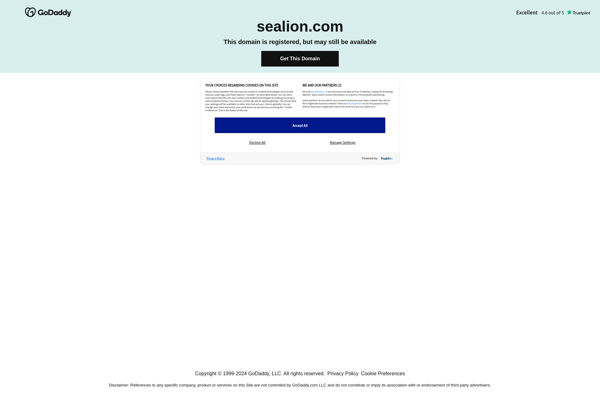Cockpit Project
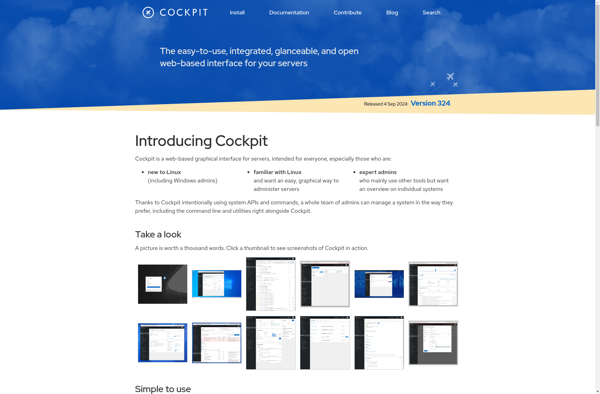
Cockpit Project: Web-Based Server Management
The Cockpit Project is open source software that provides a web-based interface for managing servers, similar to cPanel or Plesk. It aims to make server administration easier and more intuitive.
What is Cockpit Project?
The Cockpit Project is an open source system administrator interface that makes Linux server management easier through a web browser. It provides a user-friendly graphical interface that allows you to monitor and administer your server more intuitively than working through the command line.
Some key features of Cockpit include:
- Managing storage volumes, network connections, containers, virtual machines, user accounts, etc.
- Monitoring system resource usage like CPU, memory, disk I/O
- Viewing system logs and journal
- Performing updates and installing software packages
- Simplified creation of system backups
Cockpit runs natively on Linux operating systems like RHEL, CentOS, Debian, Ubuntu, and Fedora. It can manage both physical servers and virtual machines through a single interface. It aims to provide simplified server oversight and reduce administrative workload for common tasks.
As an open source project, Cockpit is community-driven and the code is available on GitHub. It is released under the LGPLv2+ license.
Cockpit Project Features
Features
- Web-based interface for managing servers
- Multi-server management
- Resource monitoring
- Log viewing
- Terminal access
- User account management
- Software updates
- Networking configuration
- Storage management
- Service management
Pricing
- Open Source
Pros
Cons
Official Links
Reviews & Ratings
Login to ReviewThe Best Cockpit Project Alternatives
Top System & Hardware and Server Management and other similar apps like Cockpit Project
Here are some alternatives to Cockpit Project:
Suggest an alternative ❐Portainer
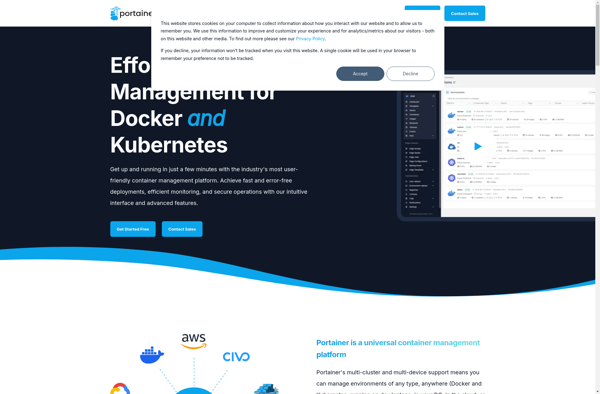
CPanel
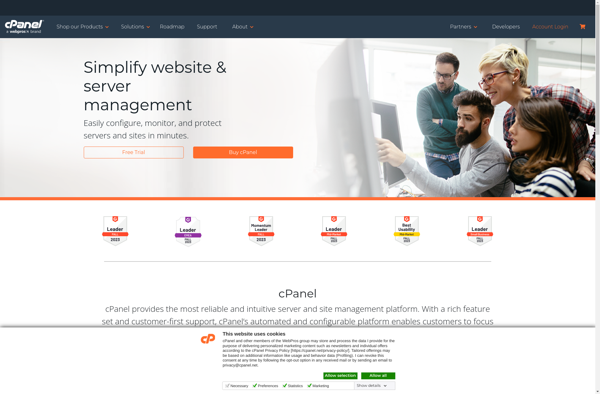
Webmin
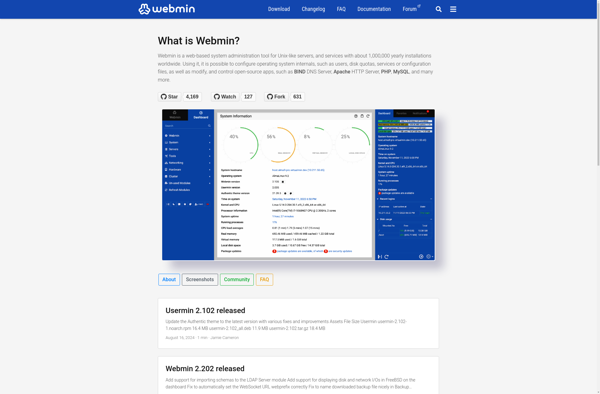
Nagios

CentOS Web Panel
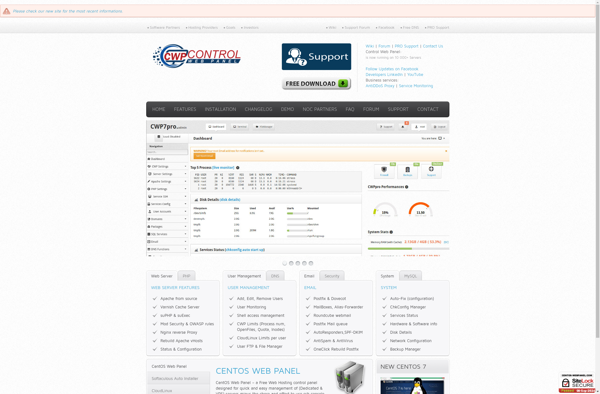
Ajenti
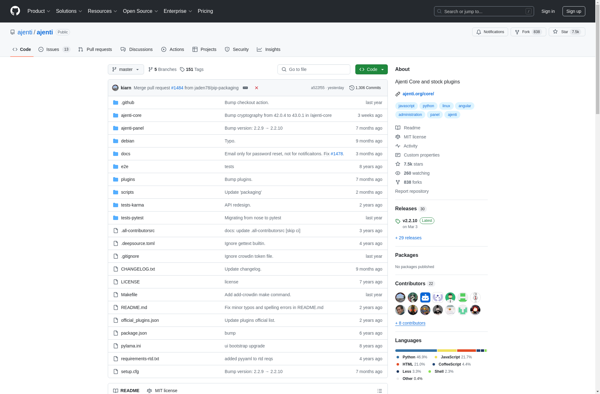
ServerSuit
Opsi.org
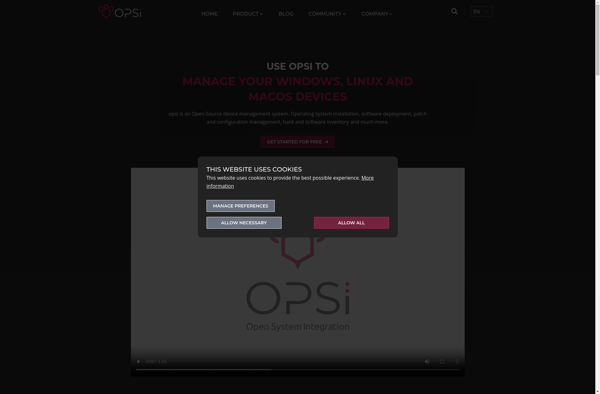
DockStation
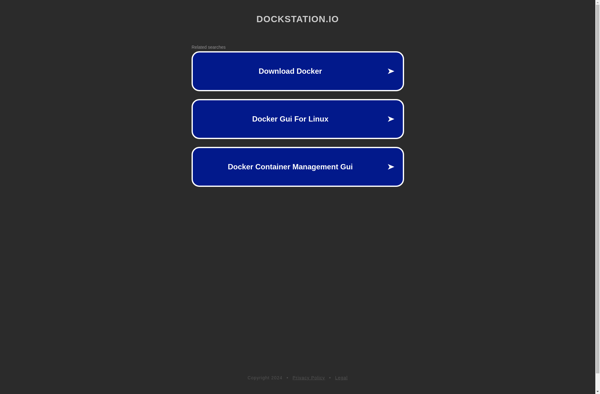
RPi-Monitor

Lazydocker
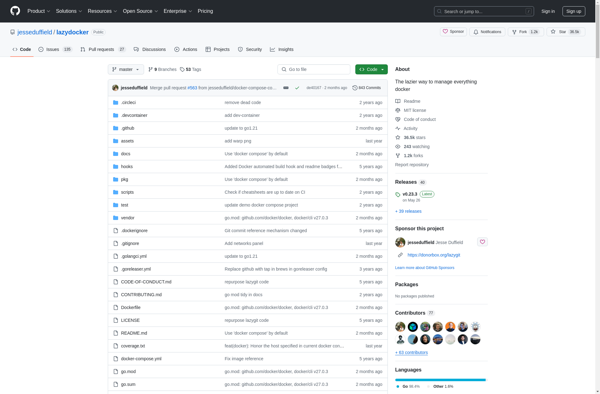
SPanel
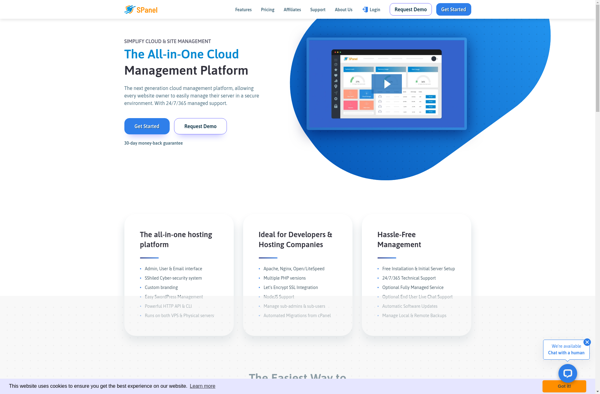
SeaLion
